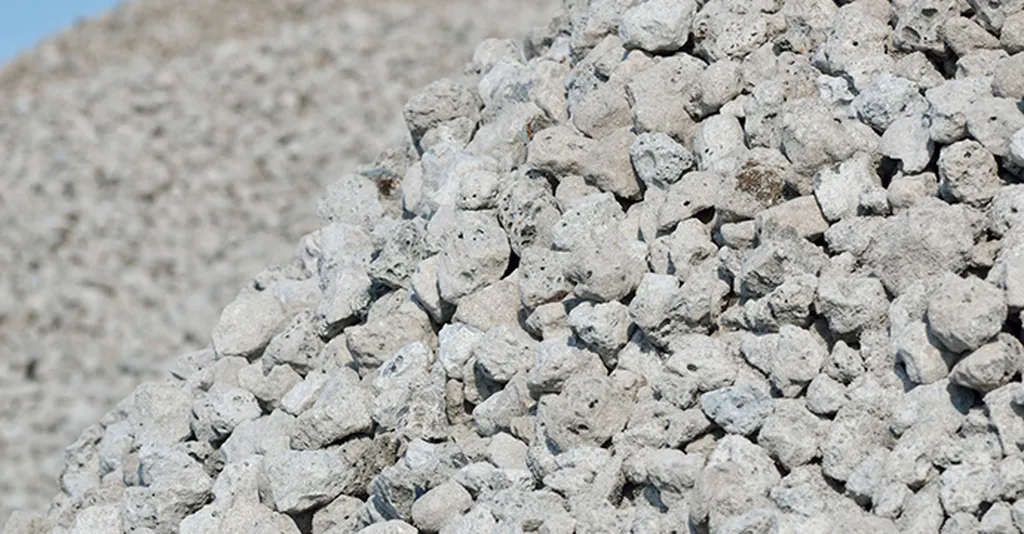In a world grappling with the mounting challenges of industrial waste and environmental sustainability, a beacon of innovation emerges from the Confluence University of Science and Technology in Nigeria. Daniel Oguntayo, a dedicated researcher from the Department of Civil Engineering, has spearheaded a study that could revolutionize the construction industry and offer a sustainable solution to the growing problem of plastic waste and steel slag disposal.
The research, published in the journal “Advances in Civil and Architectural Engineering” (which translates to “Progress in Civil and Architectural Engineering”), explores the potential of incorporating steel slag powder (SSp) and polyethylene terephthalate (PET) powder into concrete pavements. This approach not only addresses the issue of waste management but also enhances the mechanical and durability properties of concrete.
Oguntayo and his team investigated the properties of concrete pavement by partially replacing cement with varying proportions of SSp and PETp. The results were promising. The addition of SSp significantly improved the strength characteristics of the concrete, while the incorporation of PETp enhanced its durability. “The findings suggest that the use of SSp and PETp in concrete pavements is a promising approach to achieving both mechanical strength and durability requirements,” Oguntayo explained.
The commercial implications of this research are substantial. The construction industry, particularly the energy sector, which often requires robust and durable pavements for infrastructure projects, could benefit greatly from this innovation. By utilizing industrial waste products, companies can reduce disposal costs and contribute to a more sustainable environment.
Moreover, the study recommends an optimal combination of 10% SSp and 15% PETp for the best performance of concrete pavements. This specific ratio could serve as a guideline for construction firms looking to implement this sustainable practice.
The research not only highlights the potential for reducing waste but also underscores the importance of innovation in addressing environmental challenges. As the world continues to grapple with the consequences of industrialization, such studies offer hope for a more sustainable future.
Oguntayo’s work is a testament to the power of research and innovation in driving sustainable development. By transforming industrial waste into valuable construction materials, this study paves the way for a greener, more efficient future in the construction industry. The energy sector, in particular, stands to gain from these findings, as the demand for durable and sustainable infrastructure continues to grow.
In a world where sustainability is no longer a choice but a necessity, Oguntayo’s research offers a compelling solution. As the construction industry continues to evolve, the integration of waste materials into concrete pavements could become a standard practice, driven by the need for environmental stewardship and economic efficiency. This study is a significant step forward in that direction, offering a blueprint for a more sustainable and innovative future.

